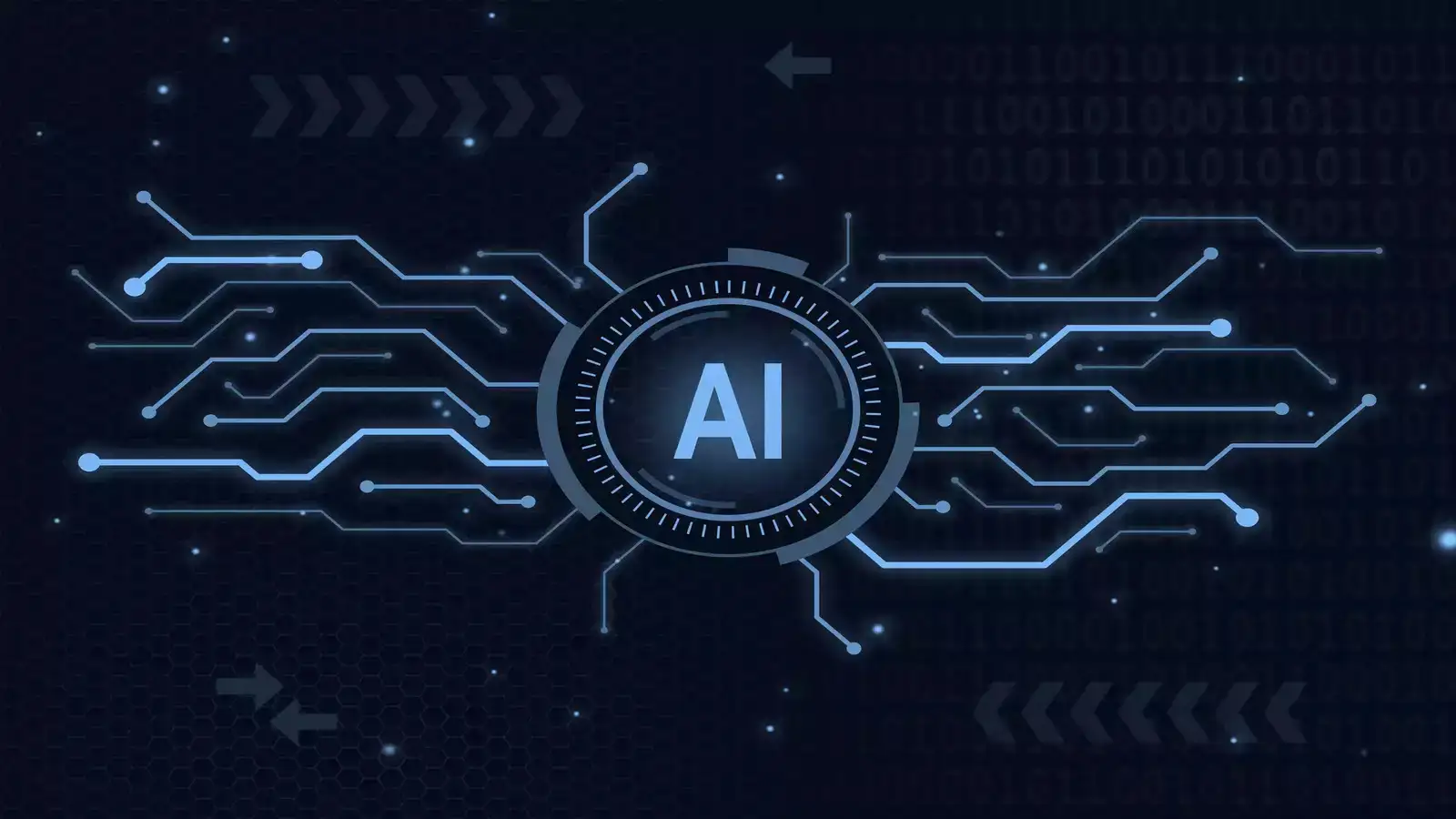AI-Powered Automation May Displace 40% of Workforce

Artificial intelligence (AI) and its automation capabilities are poised to significantly affect the global workforce, with a new report from the United Nations Conference on Trade and Development (UNCTAD) predicting that up to 40 percent of jobs could be impacted by 2033. The report emphasizes the potential for AI to evolve into a multi-trillion-dollar market, but warns that this economic growth may exacerbate existing inequalities. It also highlights the risk of AI-driven automation undermining the competitive advantage of low-cost labor in developing countries, urging governments to adopt proactive labor policies to mitigate these challenges.
UNCTAD Warns of Growing Economic Inequalities
The UNCTAD’s Technology and Innovation Report 2025 underscores that while AI can drive progress, it does not inherently promote inclusivity. The report estimates that the market value of AI could soar to $4.8 trillion by 2033, fueled by its increasing adoption and potential for digital transformation. However, it points out that access to AI infrastructure and expertise remains concentrated in a limited number of economies.
A striking statistic from the report reveals that just 100 companies, predominantly based in the United States and China, account for 40 percent of global corporate research and development spending in AI. Major players such as Apple, Nvidia, Microsoft, and Baidu dominate this landscape. If this trend of concentration continues, the report warns that technological divides may widen, leaving many developing nations unable to reap the benefits of AI advancements.
Impact on the Global Workforce
The report highlights a significant concern regarding the workforce, predicting that AI-driven automation could displace 40 percent of global jobs. This impact is expected to be particularly pronounced in developing economies, which may lose their competitive edge due to the rise of AI technologies.
Moreover, the report notes that 118 countries, primarily from the global south, are excluded from key AI governance discussions. This lack of representation could result in these nations’ interests being overlooked as global AI policies are formulated. To address these challenges, UNCTAD advocates for stronger international cooperation to establish an inclusive global AI framework that considers the needs of all countries.
Recommendations for Developing Nations
In light of the potential disruptions caused by AI, UNCTAD urges developing nations to proactively enhance their labor policies to protect their workforces. The report emphasizes the importance of investing in reskilling and upskilling initiatives to ensure that AI creates new job opportunities rather than eliminating existing ones.
To facilitate inclusive growth, the report outlines several strategic measures. These include establishing an “AI equivalent public discourse mechanism” to enhance accountability, creating globally shared facilities to provide developing economies with access to necessary infrastructure, and promoting open-source models and datasets to democratize knowledge and resources. Additionally, capacity-building strategies are essential for developing nations to overcome existing barriers to opportunity.
UNCTAD Secretary-General Rebeca Grynspan has called for a shift in focus from technology to people, advocating for stronger international collaboration to co-create a global framework for artificial intelligence that benefits all nations.
Observer Voice is the one stop site for National, International news, Sports, Editor’s Choice, Art/culture contents, Quotes and much more. We also cover historical contents. Historical contents includes World History, Indian History, and what happened today. The website also covers Entertainment across the India and World.

